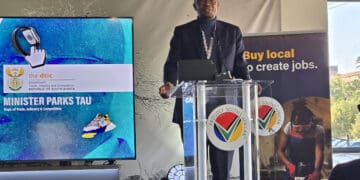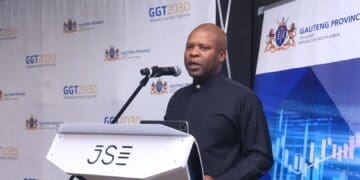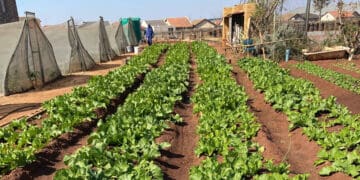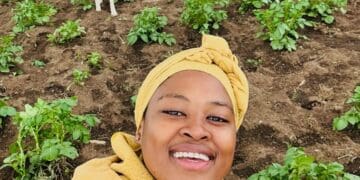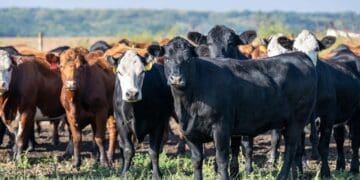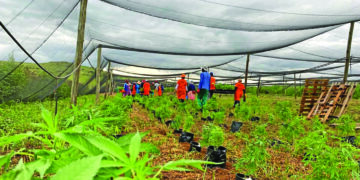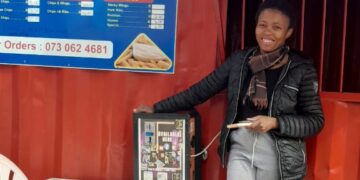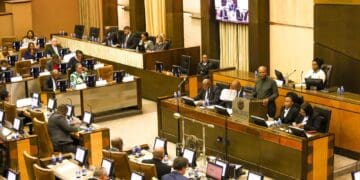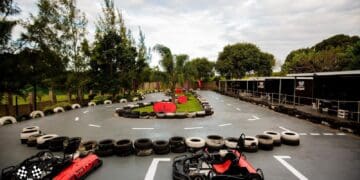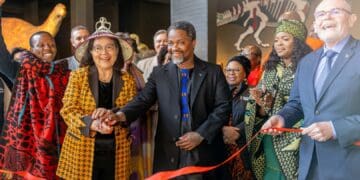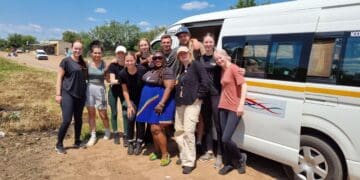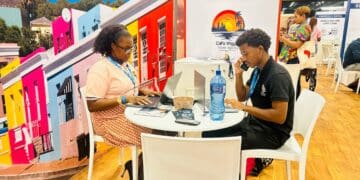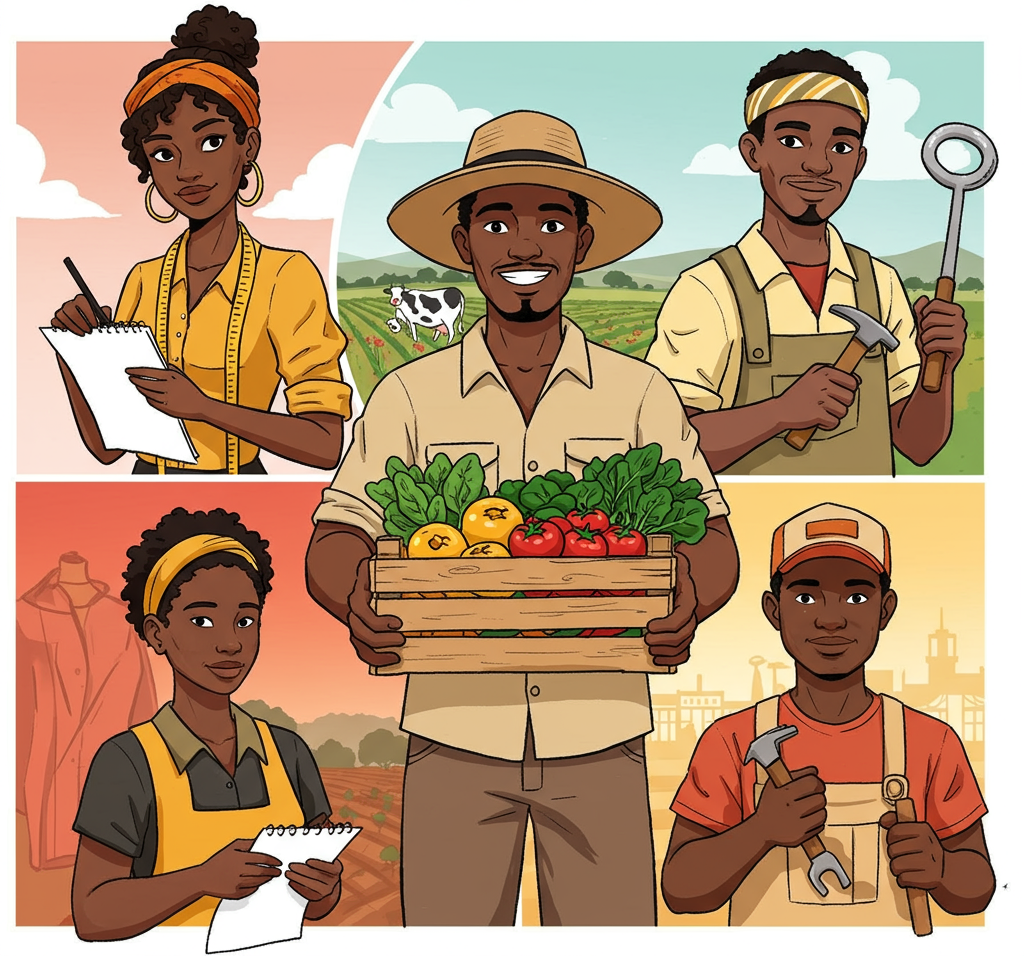By Nosihle Zulu
Street food vendor Sthembile Hlengwa is among hawkers whose businesses are impacted by the extremely unappealing dirty state of the streets of KwaZulu-Natal’s capital Pietermaritzburg.
“The dirtiness of our city destructs us a lot, we make efforts to keep our spaces of working clean but junkies tear plastics that we put waste in, also the municipality does not collect waste,” said Hlengwa.
“Taxi drivers fuel this matter by peeing in the streets, but on top of everything we buy disinfectants to clean our spaces of working because we need to work,” she said.
AmaZulu King Misuzulu ka Zwelithini raised the issue of the poor state of hygiene in the city in his address to the provincial legislature. The monarch raised concern that it affected the productivity of local entrepreneurs, especially street vendors who generated income by selling food cooked on the streets.
“The cleanliness of our communities is important, as a province that aims to leverage tourism for economic growth, it would be great to change our actions because nobody will depart from his/her country or province to sleep in a province that has extremely dirty places,” he explained.
However, the Federated Hospitality Association of Southern Africa (FEDHASA) views this as an opportunity to turn Pietermaritzburg’s street trade challenge into a tourism asset.
FEDHASA national chairperson Rosemary Anderson suggested the opening of a dedicated street food hub.
“We believe this negative can be turned into a positive initiative. A well-planned street food hub that could transform the informal trading scene into a cultural and culinary attraction,” she said.
“It can be developed in a prime location, creating a vibrant space that celebrates the rich cultural and culinary diversity of the region while ensuring compliance with health and safety standards.
“This hub would provide structured, aesthetically pleasing vendor spaces that enhance rather than detract from the city’s appeal, proper waste management systems to ensure cleanliness and sustainability, opportunities for local entrepreneurs to showcase authentic South African cuisine and crafts in a well-regulated environment.”
Anderson said the space would be inviting for tourists and have top-notch security.
She said Pietermaritzburg held immense potential as a cultural and culinary hotspot.
However, the rise of unregulated street vending and the growing issue of urban waste have negatively impacted the city’s appeal. Instead of viewing this as a challenge, it presented an exciting opportunity to turn informal trading into a structured, attractive and sustainable tourism asset.
Anderson emphasised the significance of collaboration in ensuring the success of this initiative.
The transformation could be spearheaded by SA Tourism, the SA Chef’s Association, urban planners and tourism bodies. She said they would engage with informal traders to integrate them into the hub rather instead of displacing them.
“By working together, Pietermaritzburg can revitalise its public spaces, boost local businesses, and create a thriving, sustainable tourism attraction. The time to turn this challenge into an opportunity is now,” Anderson concluded.




